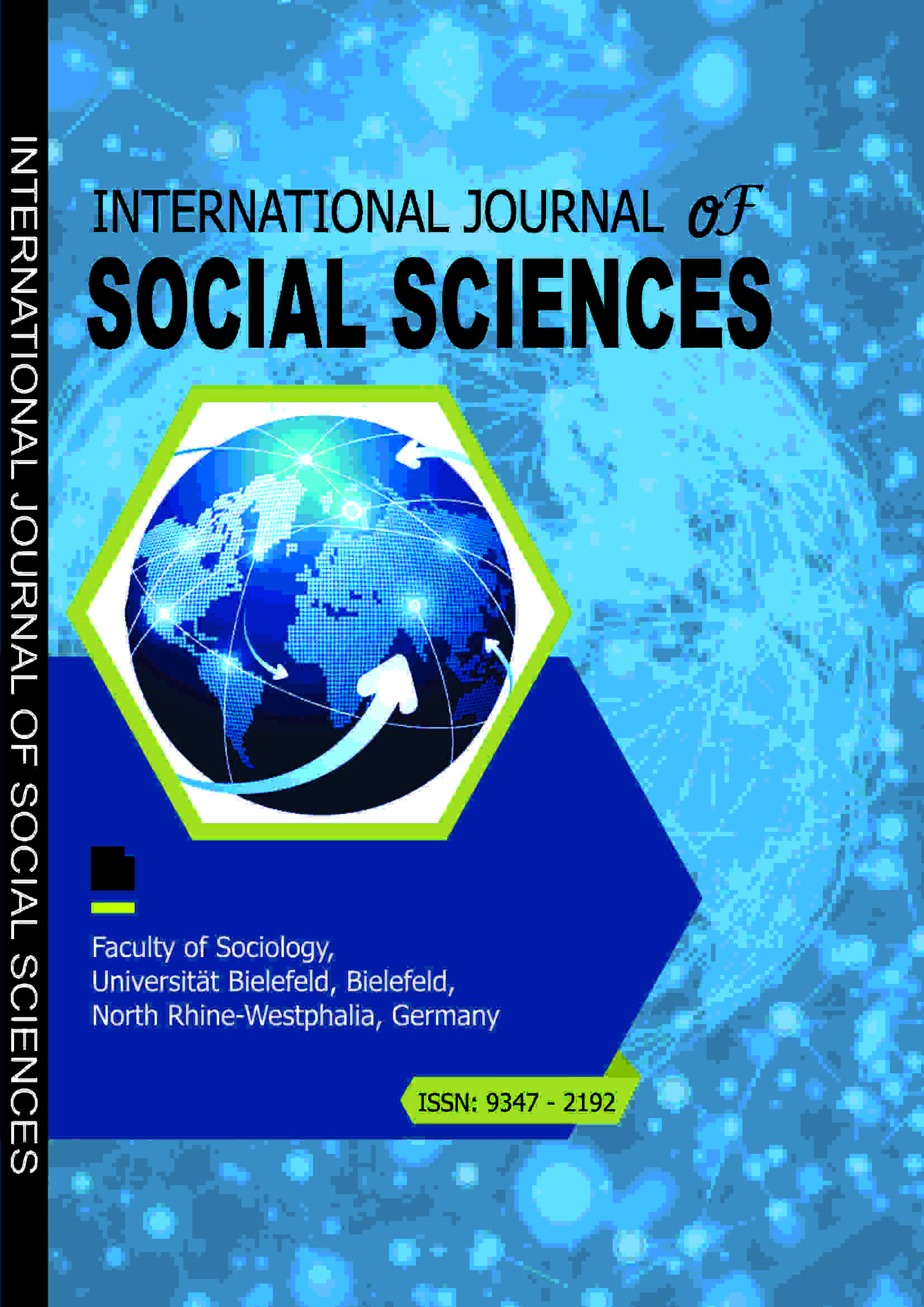INTERNATIONAL JOURNAL OF SOCIAL SCIENCES (IJSS)
Language, Politics, and Power: Unveiling Putin's Annexation Narrative through Fairclough’s Model
E-ISSN: 7885-4322
P-ISSN: 9347-2192
DOI: https://iigdpublishers.com/article/446
If used correctly, language can be a guiding force, allowing an individual to influence others and achieve the desired results. However, the power of language can be used by politicians, one of whom is President Putin, and that was evidenced during the annexation ceremony of the four Ukrainian regions by Russia. Thus,
the purpose of this paper is a critical analysis of Putin’s speech, and the author employed Fairclough’s three-dimensional discourse analysis to investigate how language is used to control mass opinion and gain dominance. The study results show that President Putin successfully used rhetoric to encourage nationalism and patriotism among (nearly) all Russians who were not satisfied by the set of events in Ukraine. Moreover, politicians can achieve the desired results by using several linguistic features and rhetorical strategies, and since a series of geopolitical conflicts mark international relations, that issue is essential. On the other hand, a more accurate understanding of the language and its usage can be achieved through critical discourse analysis. Therefore, in this paper, the author uses Norman Fairclough’s 3D Model of Critical Discourse Analysis to investigate President Putin’s linguistic features and rhetoric to understand the interrelation between language, power, and political discourse in contemporary conflicts.
Habib Ullah Nawab, Shahbaz Jamil & Kifayat Ullah
Asghar, S. (2021). Critical Discourse Analysis of Khadim Hussain Rizvi‟s Speeches against France. University of Chitral Journal of Linguistics & Literature, 57--77.
Bayram, F. (2010). Ideology and Political Discourse: a critical discourse analysis of Erdogan's Political speech. Arecls, 18.
BOICU, R. (2007). Modal Verbs and Politeness Strategies in political discourse. Munich Personal RePEc Archive, 15-28.
Dijk, T. A. (1995). Aims of Critical Discourse Analysis. Japanese Discourse, 1(1), 17-27.
Retrieved 10 11, 2023, from https://discourses.org/wp-content/uploads/2022/07/Teun-A.-van-Dijk-1995-Aims-of-critical-discourse-analysis.pdf
Dijk, T. A. (1997, 12 31). What is Political Discourse? Belgian Journal of Linguistics, 11, 11-52. doi:https://doi.org/10.1075/bjl.11.03dij
